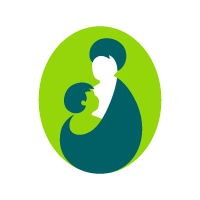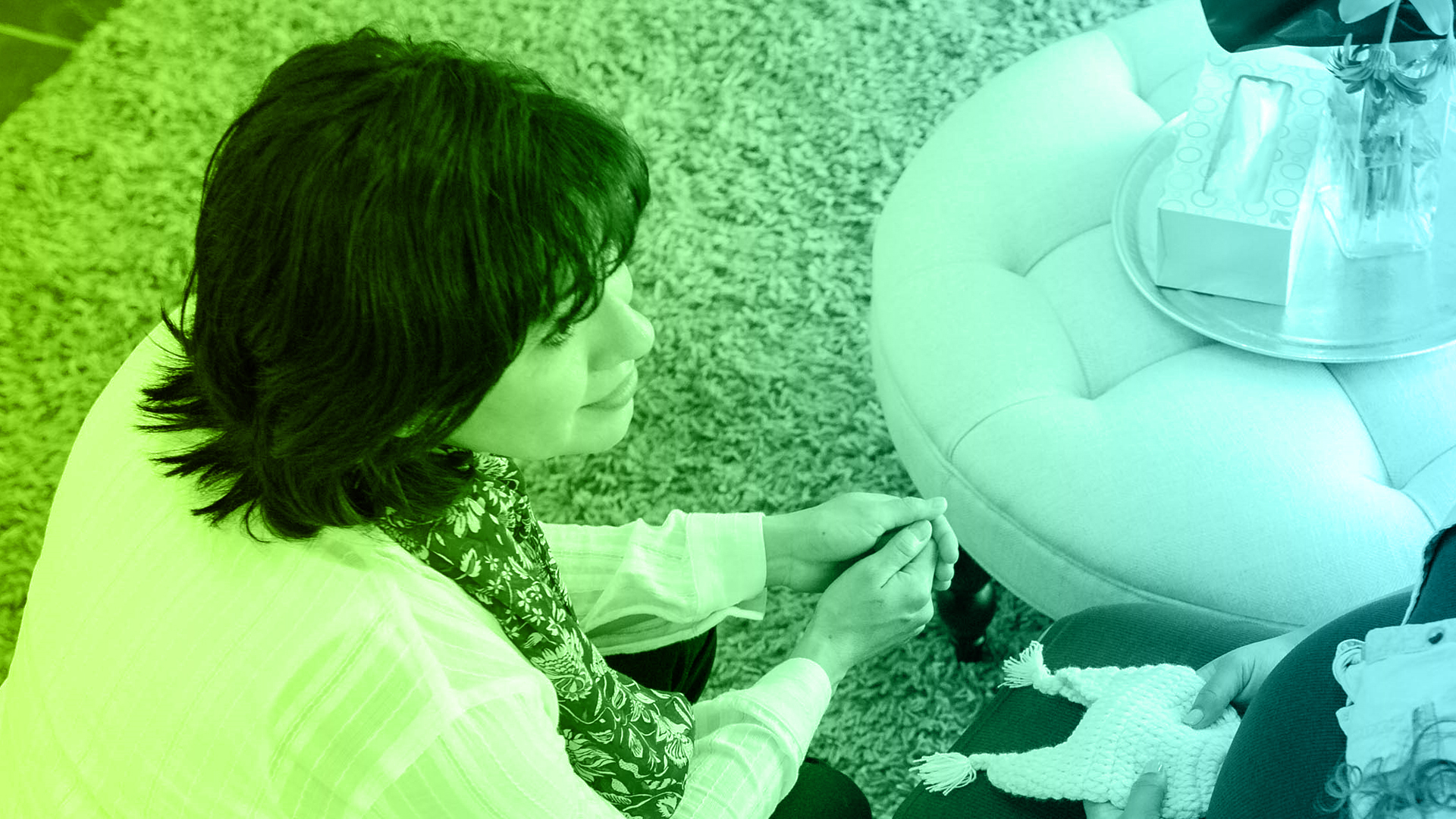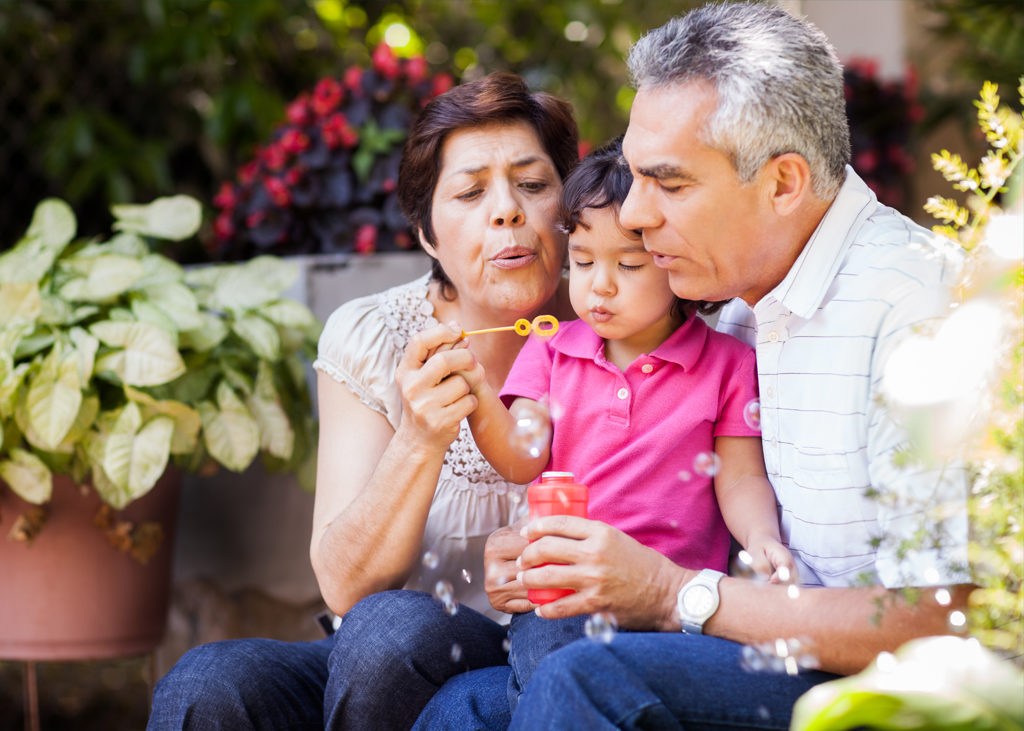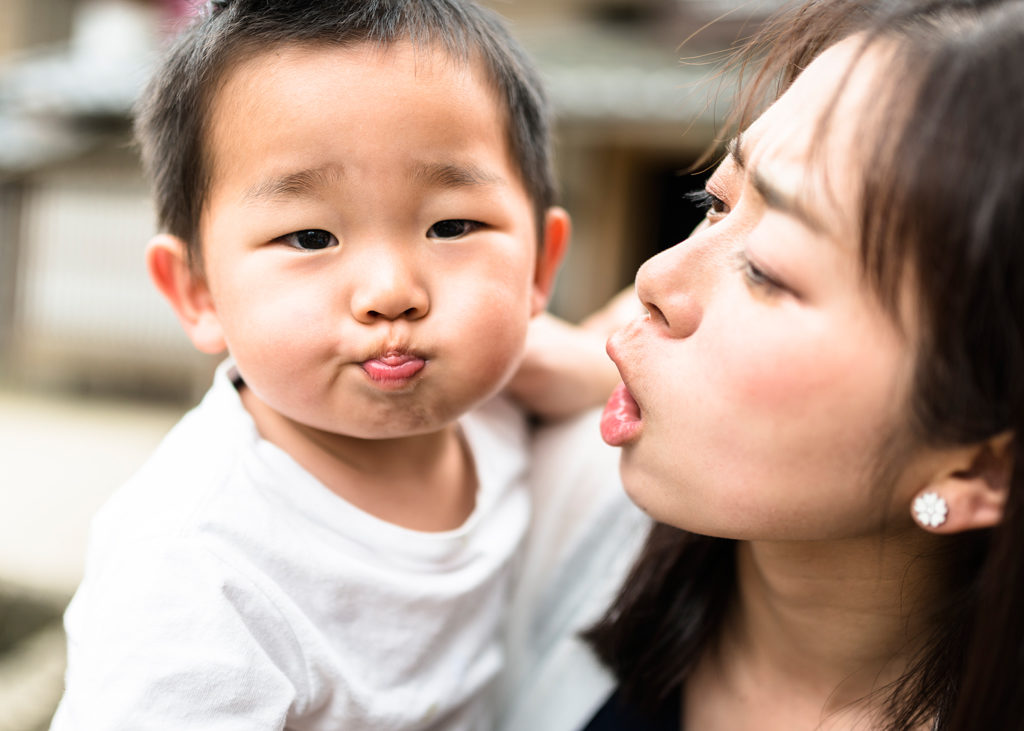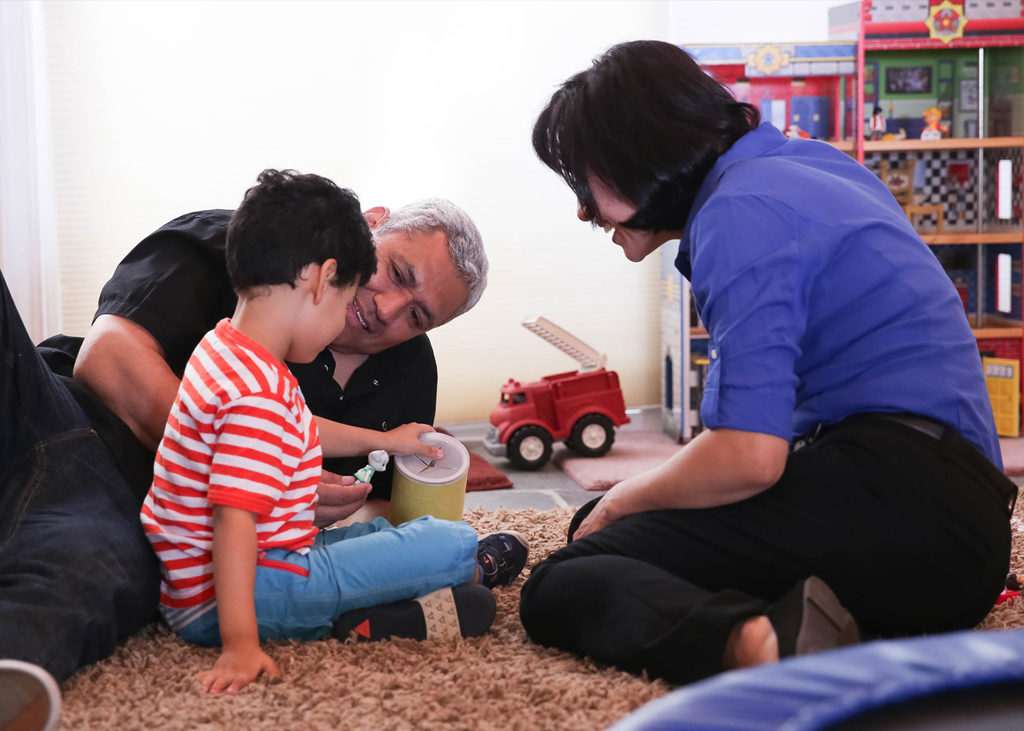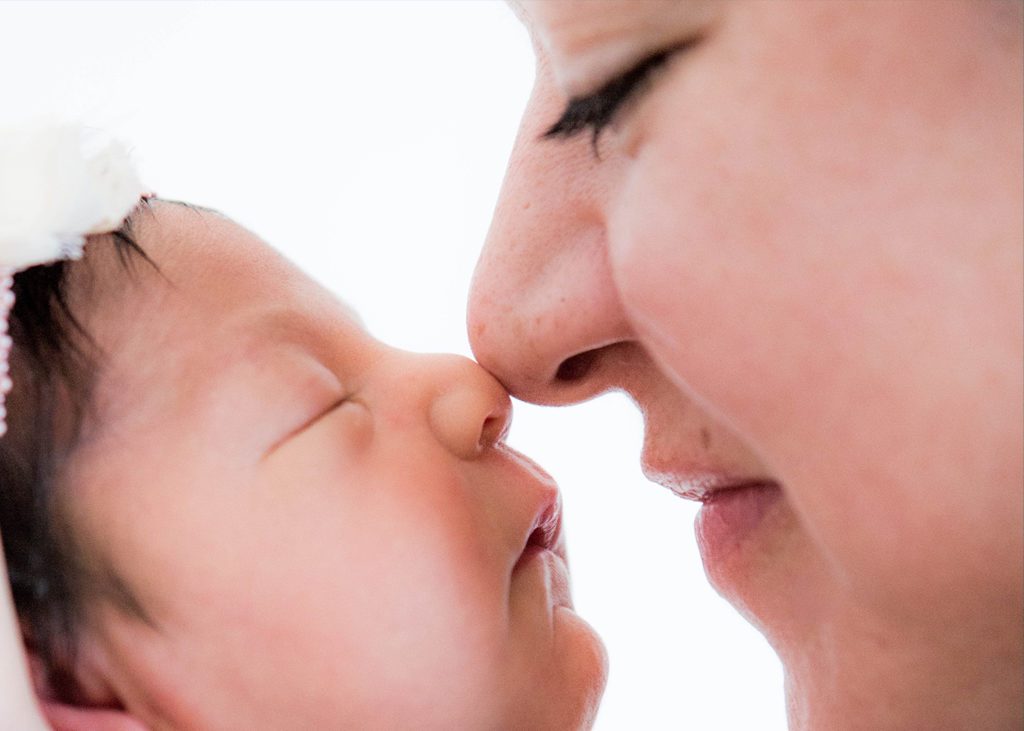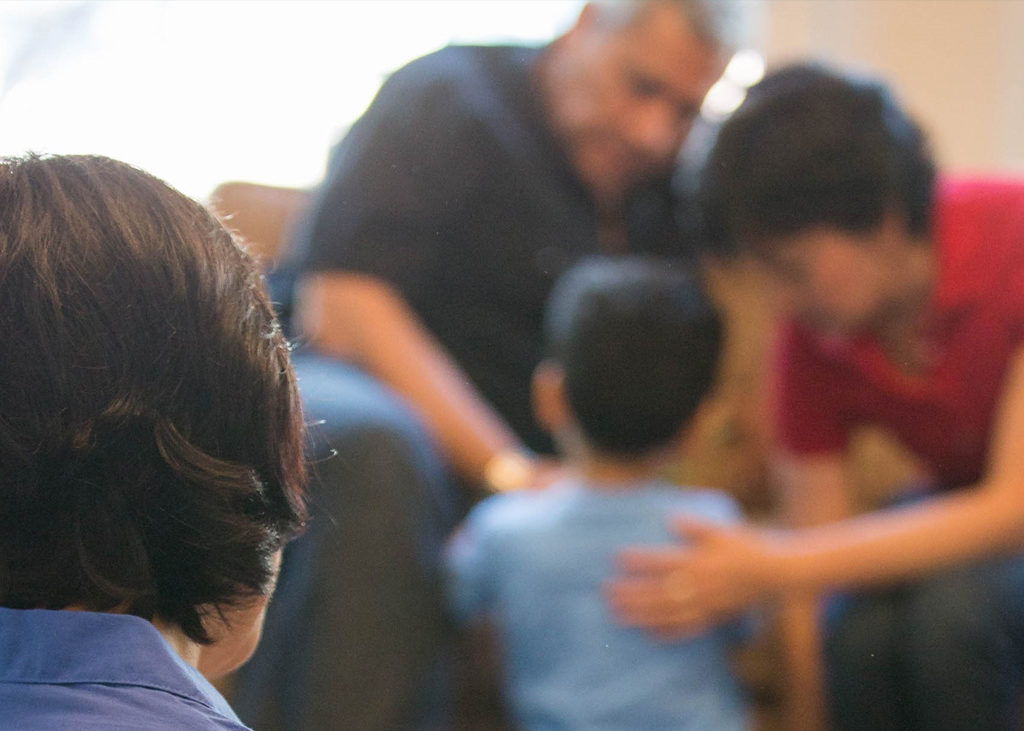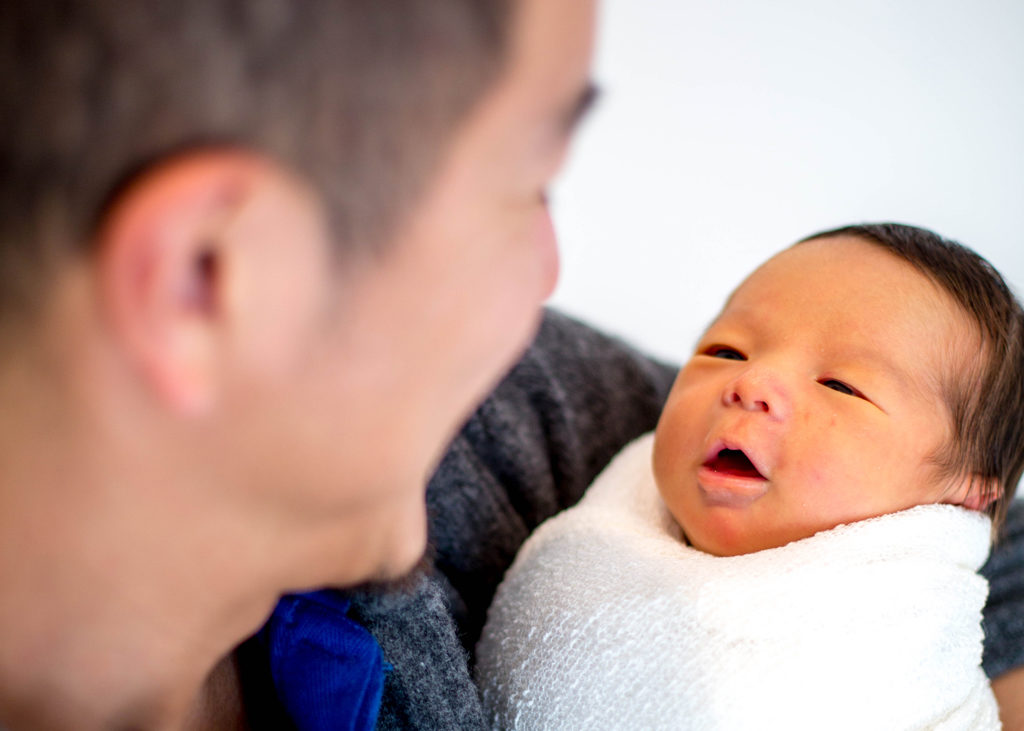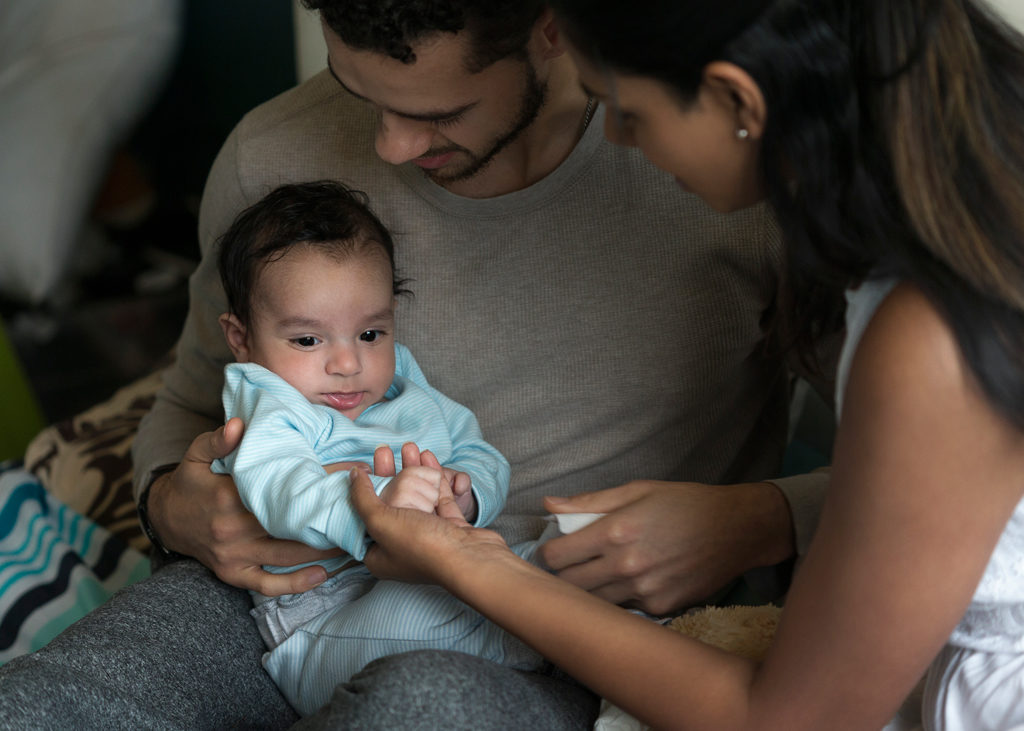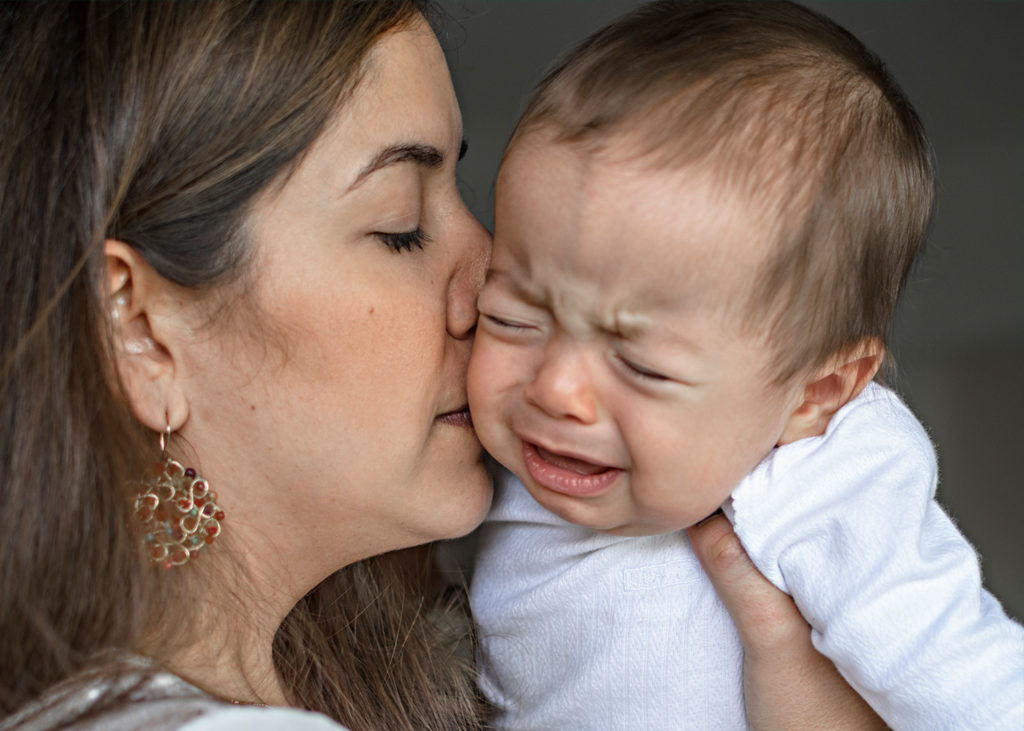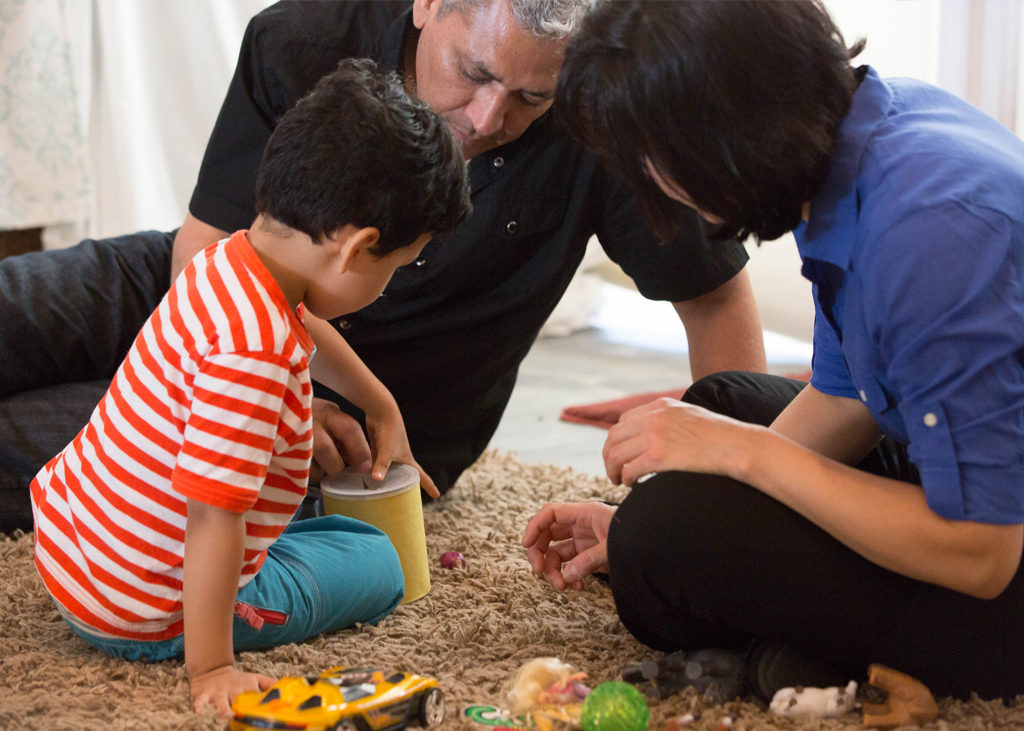Immigrant Women's Issues

IMMIGRANT WOMEN'S ISSUES
Dr. Diaz offers culturally and linguistically appropriate mental health services to immigrant women and their families. A native Spanish speaker, Dr. Diaz is familiar with the linguistic and cultural variations found in the U.S. Latino population.
One of her skills is to help families navigate the challenges of relocating and adapting to a new and foreign culture. She trained and practiced in mental health clinics specializing in delivering high-quality prevention and treatment programs designed for immigrant families in the Bay Area. This has given her knowledge and expertise in how to best serve the mental health needs unique to this often underserved population.
Dr. Diaz’s approach to treatment emphasizes an empathic understanding of the many challenges that immigrants face as they adapt to a new life. As a culturally competent psychologist, she is aware of and sensitive to the nuances of cultural norms and differences that can have an impact on emotional health. Her strong commitment to serving the culturally and ethnically diverse immigrant community is driven by her own experiences as an immigrant on two continents and her professional training in clinical settings that focus on the influence of culture on mental health.
Immigrating to a new country is a major life event that can be very difficult to adjust to. The process of adaptation to a new culture is often a stressful experience, particularly when the new culture differs greatly from the previous one. Immigrants tend to experience a range of emotions as they adapt to their new environment, from excitement at the prospect of a promising future to anxiety and fear of the unknown.
Immigrants are constantly navigating a world of new experiences, filled with cultural conflicts they must resolve to successfully adapt to their new environment. From exposure to the nuances of nonverbal communication to a new set of values, immigrants are exposed to challenging and stressful situations that can negatively affect their emotional health. The process of adapting to a new culture can therefore influence overall health and quality of life.
Immigrants must learn a new way of relating to and interacting with others, and, more often than not, they must learn a new language to communicate their thoughts and feelings. During this process, immigrants experience a sense of loss of the life and connections they once had. They often feel alienated and not accepted in the new culture and confused about their personal and cultural identity as members of a new society.
Immigrant women, for example, are exposed to new and competing values related to the family and women’s role in U.S. society. Specifically, they encounter sex and gender roles that conflict with their own. If they are unable to successfully resolve this common predicament, this can create stress and conflict in their relationships, which can lead to isolation and the onset of mental health problems.
The circumstances surrounding immigration (e.g., economic reasons, political persecution, etc.) can add stress to an already challenging situation. Many immigrants have a history of trauma that can interfere with their adaptation to the new culture. If unable to find the necessary support and culturally sensitive services during this time of change and transition, immigrants become vulnerable to developing mental health problems such as depression and anxiety disorders.

Temas Relacionados con la Mujer Inmigrante
La doctora Diaz ofrece servicios de psicoterapia bilingüe y culturalmente vinculados a la realidad que vive la población inmigrante de los Estados Unidos. Su lengua materna es el español y sabe por experiencia propia acerca de las diferencias culturales y lingüísticas que existen en la población Latina.
Ella posee los conocimientos y las habilidades necesarias para comprender los retos cotidianos que confrontan las familias inmigrantes, para ayudarlos a desenvolverse y adaptarse en un país extranjero. Su capacitación/formación profesional y su trabajo terapéutico han sido realizados en clínicas de salud mental con especialidad en brindar programas de tratamiento y prevención de alta calidad a familias inmigrantes viviendo en el Área de la Bahía.
La doctora Diaz tiene un enfoque psicológico que enfatiza la empatía para entender la realidad compleja que viven los inmigrantes frente al estrés cotidiano y a la adaptación a una nueva vida. Ella es sensible a las sutilezas de las normas culturales, al igual que a las diferencias que existen entre culturas que suelen tener un impacto en la salud emocional del inmigrante. Su fuerte compromiso con la comunidad latina viene de sus propias experiencias como inmigrante en dos continentes, y también de su entrenamiento profesional en centros de salud mental enfocados en la importancia de la cultura en la salud mental.
El inmigrar a un país nuevo es un cambio de vida significativo, que genera situaciones difíciles a las que el inmigrante se debe de adaptar. El proceso de adaptación a una nueva cultura comúnmente genera gran estrés y preocupación en la persona, especialmente si la cultura actual es bastante diferente a la cultura del país de donde viene. El inmigrante suele experimentar diferentes emociones a medida que se va adaptando a su nuevo entorno cultural. Se puede sentir esperanzado y contento por tener mejores perspectivas de vida, y a la vez, preocupado, ansioso y temeroso de lo que le deparará el futuro.
El inmigrante está constantemente viviendo experiencias nuevas, colmadas de conflictos culturales que tiene que solucionar para así adaptarse a su nuevo entorno social y cultural. Muchas veces tiene que descifrar las sutilezas del lenguaje corporal y lograr entender nuevas normas de conducta basadas en nuevos valores. Esta situación puede exponer al inmigrante a estrés agudo, y muchas veces crónico, el cual puede afectar su salud emocional. Esto significa que dicho proceso de adaptación puede tener repercusiones negativas en su salud y calidad de vida.
El inmigrante tiene que aprender otras maneras de relacionarse con personas, y comúnmente aprender un nuevo idioma para comunicar sus pensamientos y sentimientos. Es durante este proceso que el inmigrante experimenta un sentido de pérdida por su vida pasada y las relaciones que dejó atrás. A menudo se siente aislado, no aceptado en la nueva cultura, y muchas veces confundido con su identidad personal y cultural como nuevo miembro de una sociedad.
En el caso de las mujeres inmigrantes, muchas de ellas son expuestas a nuevos valores relacionados con el papel de la mujer en la sociedad. Estas nuevas normas de sexo y género generan conflicto con los valores que ellas aprendieron en sus países natales. Si no logran resolver estos dilemas, puede crear estrés y conflicto en sus relaciones, lo cual las puede aislar y ponerlas en riesgo de desarrollar problemas de salud mental.
Las circunstancias que rodean el haber inmigrado a otro país (p. ej., razones económicas, persecución política, etc.) pueden hacer la situación del inmigrante más estresante. Muchos inmigrantes tienen un historial de trauma, el cual puede interferir aún más con el proceso de adaptación a la nueva cultura. Si no encuentran el apoyo necesario para manejar su situación y no reciben servicios culturalmente aptos durante esta etapa de transición, ellos estarán vulnerables a desarrollar problemas como la ansiedad y depresión.
"Untreated trauma and depressive symptoms pose a number of serious risks to the health and wellbeing of immigrant women in the United States." — Dr. Diaz
phone • 510-358-1967 | email • mdiaz@drmanueladiaz.com
address • 2927-A Shattuck Ave., Berkeley, CA 94705
If you are experiencing an emergency, call 911 or the Suicide & Crisis Hotline • 800-784-2433

©2017 Dr. Manuela Diaz, Licensed Clinical Psychologist

